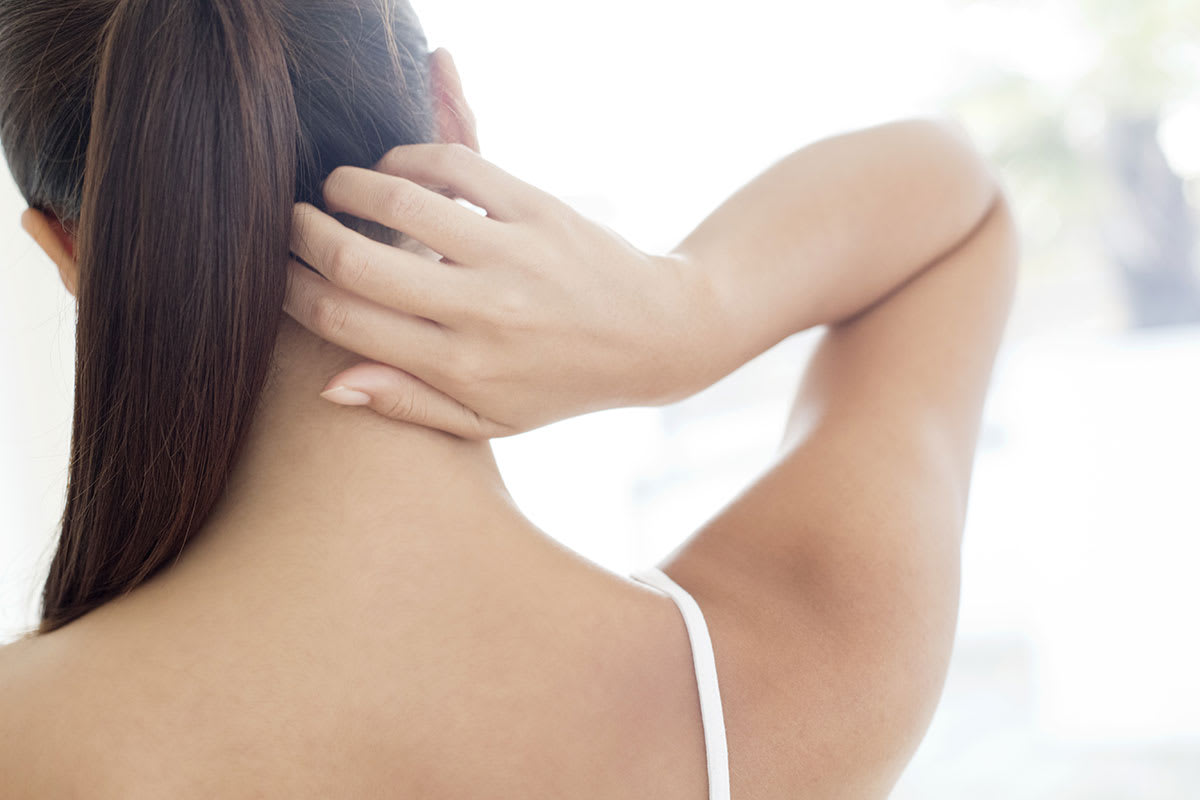Want to stop scratching your scalp at night? Here’s how you can get rid of the itching
** Experiencing an itchy scalp at night is more common than you think. Here’s everything you need to know about what triggers scalp itch at night and how to deal with it. **

